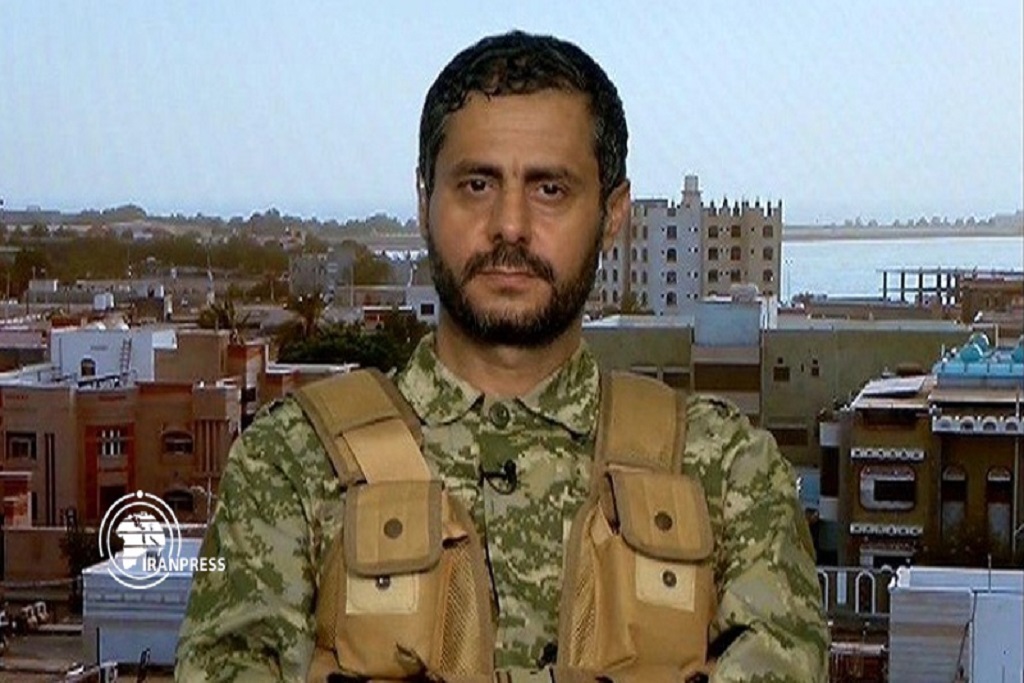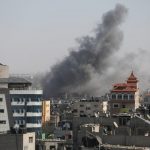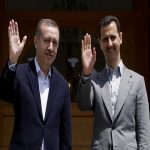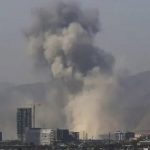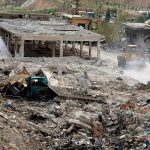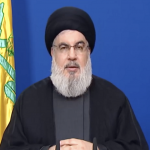A senior member of Yemen’s popular Ansarullah resistance movement says Yemeni army troops and fighters from allied Popular Committees have made notable achievements in their battle against Saudi-led coalition forces and their mercenaries, and that the Yemeni retaliatory military operations will continue until the entire Yemeni territories are liberated.
Faraan: Speaking in a Clubhouse interview with Lebanon’s Arabic-language al-Mayadeen television news network on Tuesday, Mohammed al-Bukhaiti said the Saudi-led war on Yemen was now in its final stage, and that it was by no means in the best interests of Saudi Arabia and the United Arab Emirates to prolong the military aggression.
He added that Saudi-led coalition forces and their mercenaries are on the verge of defeat in Yemen’s western coastal Province of Hudaydah, stating that the troops have withdrawn from most of their locations there and taken away their ammunition.
The Yemeni official said members of Saudi-led alliance view their weapons and military equipment more valuable than their mercenaries.
Bukhaiti added that Yemeni retaliatory military operations would continue until complete liberation of the entire Yemeni lands, saying, “We will not stop as long as the aggression and siege continue.”
The member of Yemen’s Supreme Political Council said Yemeni Armed Forces could now manufacture various homegrown anti-ship and anti-aircraft missiles.
He noted that indigenous Yemeni drones and winged missiles were much more destructive than fighter jets and warships belonging to the Saudi-led coalition, and that Yemeni Armed Forces currently produce sophisticated military hardware.
‘Yemeni Armed Forces now have the upper hand’
The top Ansarullah official said Yemeni army troops and fighters from allied Popular Committees now had the upper hand in battles against Saudi-led coalition forces and their mercenaries, stating that the latter has opted to lower the number of its forces in other Yemeni regions and particularly deploy them in the strategic oil-producing province of Ma’rib.
He added that the Riyadh regime and its allies were behind the rapid depreciation of the Yemeni riyal against foreign currencies and were enforcing a tight siege on Yemen’s gas and oil wells.

